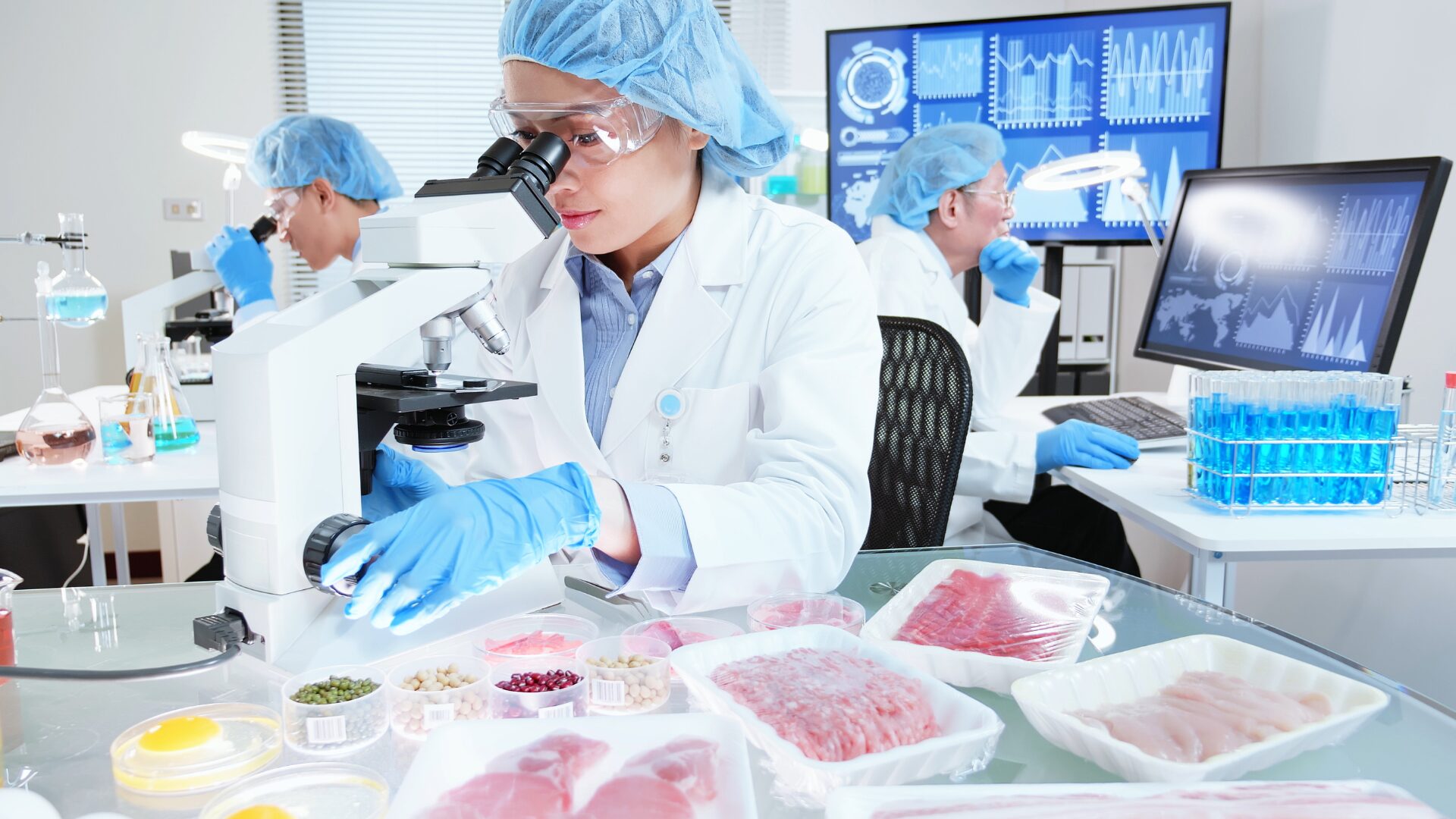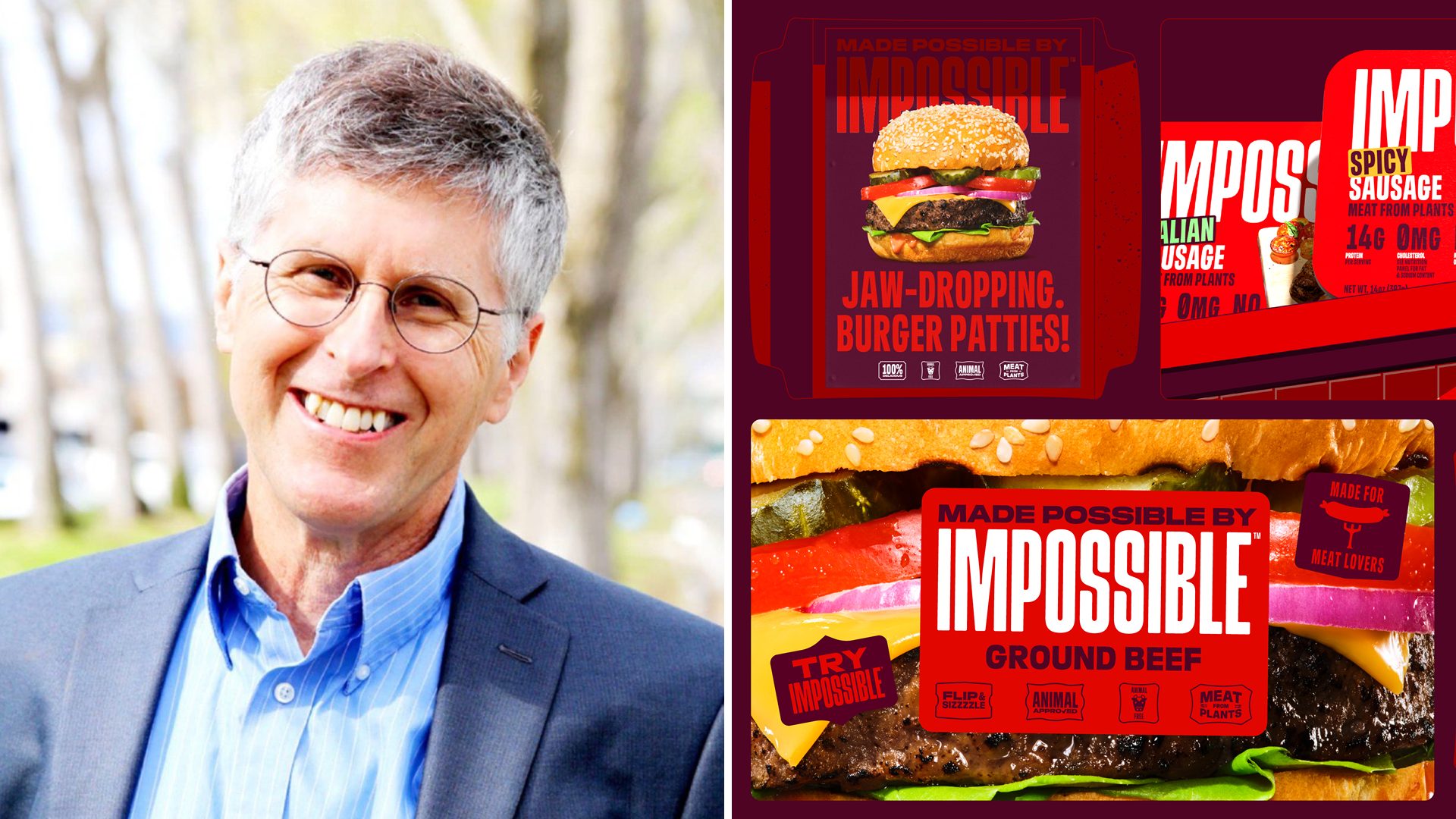Last week, Bezos Earth Fund announced the allocation of $60 million for R&D to improve the taste and cost of alternative meats. The capital infusion will be used to establish Bezos Centers for Sustainable Protein as part of the Fund’s $1 billion commitment to food transformation.
The research and development centers will target major technological barriers to reducing cost, increasing quality, and boosting the nutritional benefit of alternative proteins, whether plant-based, fermented, or cultivated.
To date, challenges in biomanufacturing – the production, at scale, of sustainable protein products – have resulted in high costs and limited quality. The press release notes “enormous opportunities” to enhance the texture and boost flavor through innovation in cell biology and engineering.
Michael Ashley Schulman, Partner & CIO at Running Point Capital Advisors, views the allocation as an indicator of what is coming to be known as “plant-based 2.0.”
“All industries grow on top of their successes and failures; what we are seeing here, and in the plant-based venture community, is the next evolutionary step,” Shulman told The Food Institute.
“Allocations like this are a reminder of how important deep tech food is for our future,” added James Petrie, CEO and Founder of Nourish Ingredients. “Clear minds can see the inevitable creation and adoption of more efficient foods, whether they be new or traditional in nature.”
Alt-Protein Investment Landscape
Elysabeth Alfano, CEO of VegTech Invest, believes the recent investment by Bezos is just the beginning of the blended capital — philanthropic, government, venture, and Wall Street — that is anticipated to enter the sector.
According to the United Nations Environment Programme, 18% of global greenhouse gas emissions come from animal factories, but AgTech receives only 2.5%-4% of clean tech investments, per the World Bank.
“Protein diversification gets only a sliver of that,” Alfano told The Food Institute.
“However, as food innovation becomes the low-hanging fruit for reaching 2030 sustainability goals when fossil fuel reduction alone won’t do it, funding is expected to rise to be in line with the problem.”
The World Bank also indicates that $300-$400 billion annually will be invested in food systems transformation over the next 10-15 years.
“The investment opportunity here is that the public markets haven’t yet priced in the fact that food innovation funding could skyrocket, and increased company R&D budgets could produce profitable, novel, sustainable food products,” Alfano added. “Thus, investing now, before the markets catch up, could be a golden opportunity.”
Consumer Adoption Outlook
As Schulman observes, R&D and big names alone will not guarantee mass consumer adoption and interest.
“What the last wave of plant-based enthusiasm showed us is that there is consumer interest in trying something new, but for plant-based protein to be a sustainable business, it needs to taste great, be priced equal to or less than conventional proteins, and not be overly processed,” he said. “Down the road, lab-grown proteins at scale might win on all three counts.”
Alfano sees a big win from the Bezos allocation in the potential reduction of manufacturing costs.
“People are mostly driven by price, and we are in extraordinary times of inflation,” she concluded, adding that consumers are also interested in their health and the health of the planet.
“Assuming parity or close to parity in taste, if people don’t have to pay extra for those options, they’ll buy the product that gives them a better personal and planetary health profile.”











